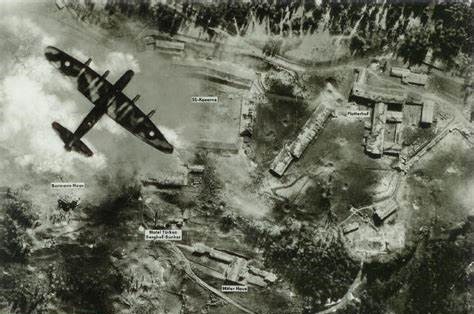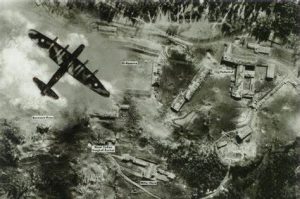
**Unfortunately our guest speaker for our November talk has had to cancel due to illness. This talk will be re-arranged for 2026.**
For the November HistoryFare monthly talk, we welcome guest speaker David Hall.
Dr David Hall is a Visiting Research Fellow within the Defence Studies Department at King’s College London. He was previously an Assistant Professor in the History Department at the Royal Military College of Canada. He has a D.Phil. in Modern History from the University of Oxford, and he is a Fellow of the Royal Historical Society.
Davis is iwriting a new book on Adolf Hitler and his life on the Obersalzberg. It builds on the themes introduced and developed in Hitler’s Munich: The Capital of the Nazi Movement.
On 25 April 1945, just two weeks before the end of the Second World War in Europe, RAF Bomber Command attacked Hitler’s residence and military headquarters on the Obersalzberg, a small mountain in the south-eastern Bavarian Alps. Hitler had been a resident on the mountain since the 1920s.
After he became Chancellor in 1933 other leading members of the Nazi Party acquired houses close to Hitler’s Berghof on the mountain and in the hamlets and villages around Berchtesgaden. The whole alpine region soon became an important centre of government and during the war it was Hitler’s favourite military headquarters. As such it was a primary target so why did it survived
untouched until the very end of the war?
Drawing on contemporary documents, newspaper reports, and eye-witness accounts this fully illustrated talk outlines the importance of the Obersalzberg to Hitler’s war effort, the military and political motives behind the Allies’ attack, and both the expected and unexpected consequences of the air raid.
Historians have long argued over the reasons why the Obersalzberg complex was bombed, citing strategic importance, military necessity, political expediency, and even a final act of revenge against Hitler and the German people. All are compelling. The timing and the operational design of the attack pose additional questions that cast doubt on its legitimacy. The result of this air raid and the reactions to it – the underwhelming success, the chaotic aftermath on the ground, the uncomfortable triumphalism in the Allied media, and the more sober reflections of some of the aircrew involved – add further controversy to the decision to order the attack. 80 years on there is merit in taking another look at the RAF’s last heavy bomber raid on Nazi Germany.
Admission cost £3 per person, payable on arrival.

